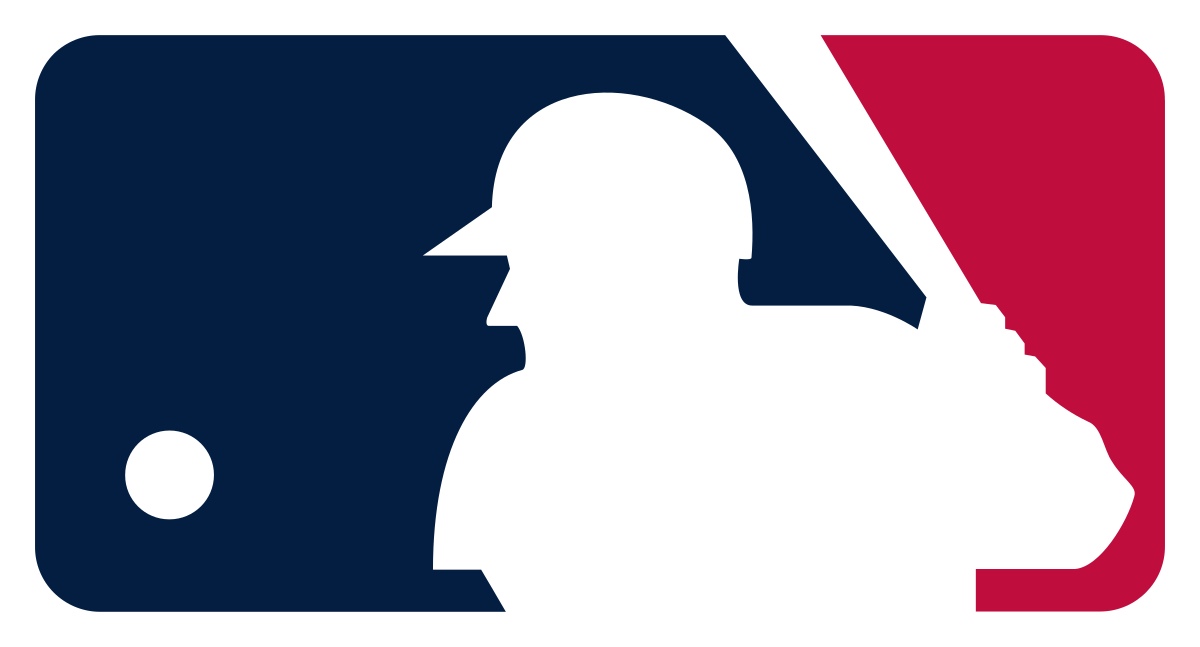Large payoffs for television rights to selective teams is changing the nature of sports, especially baseball, and it hasn’t anything to do with the “torpedo bats” (newly shaped, high-performance bats design). Big financial TV deals are creating a huge financial disparity among the 30 Major League Baseball (MLB) franchises, where rich teams like the Los Angeles Dodgers can now spend close to $500 million on yearly salaries, while the Miami Marlins have a payroll of just $70 million. Similarly, the New York Mets are paying out $400 million a year, while the Chicago White Sox’s payroll is $90 million.
While the National Basketball Association (NBA) struck a $77 billion streaming and broadcast package deal last year, the U.S. baseball league (MLB) is struggling to maintain its current TV income levels. The latest blow came from Disney’s sports network, ESPN, which is looking to cut a new deal with MLB, lowering the $550 million a year to a reported $200 million, which the League has rejected.
Under the current system, the League sells the rights to national TV networks and divides the revenue among the 30 teams. In addition, each baseball franchise sells rights to regional sports networks (that lately are not doing well financially), which generates about 25 percent of their revenues.
To deal with the financial shortfall, the League is proposing a model whereby the teams would give local TV rights to the League, which, in turn, would sell them as a unified package with revenue distributed among all teams.
But expenditures and TV rights income are not all the same, and that is causing some concern. In 2013 the Dodgers signed a 25-year $8.35 billion deal with Time Warner Cable (now Charter Spectrum), and the Mets have an $85 million-a-year deal with SportsNet New York (SNY) up until 2035. These rights are in addition to the national license negotiated by the League. The discrepancy between rich and less rich teams is blamed on the lack of a players’ pay ceiling that is in place at other U.S. leagues. Baseball’s pay cap is opposed by the players’ union because it is considered anti-free market.


Leave A Comment